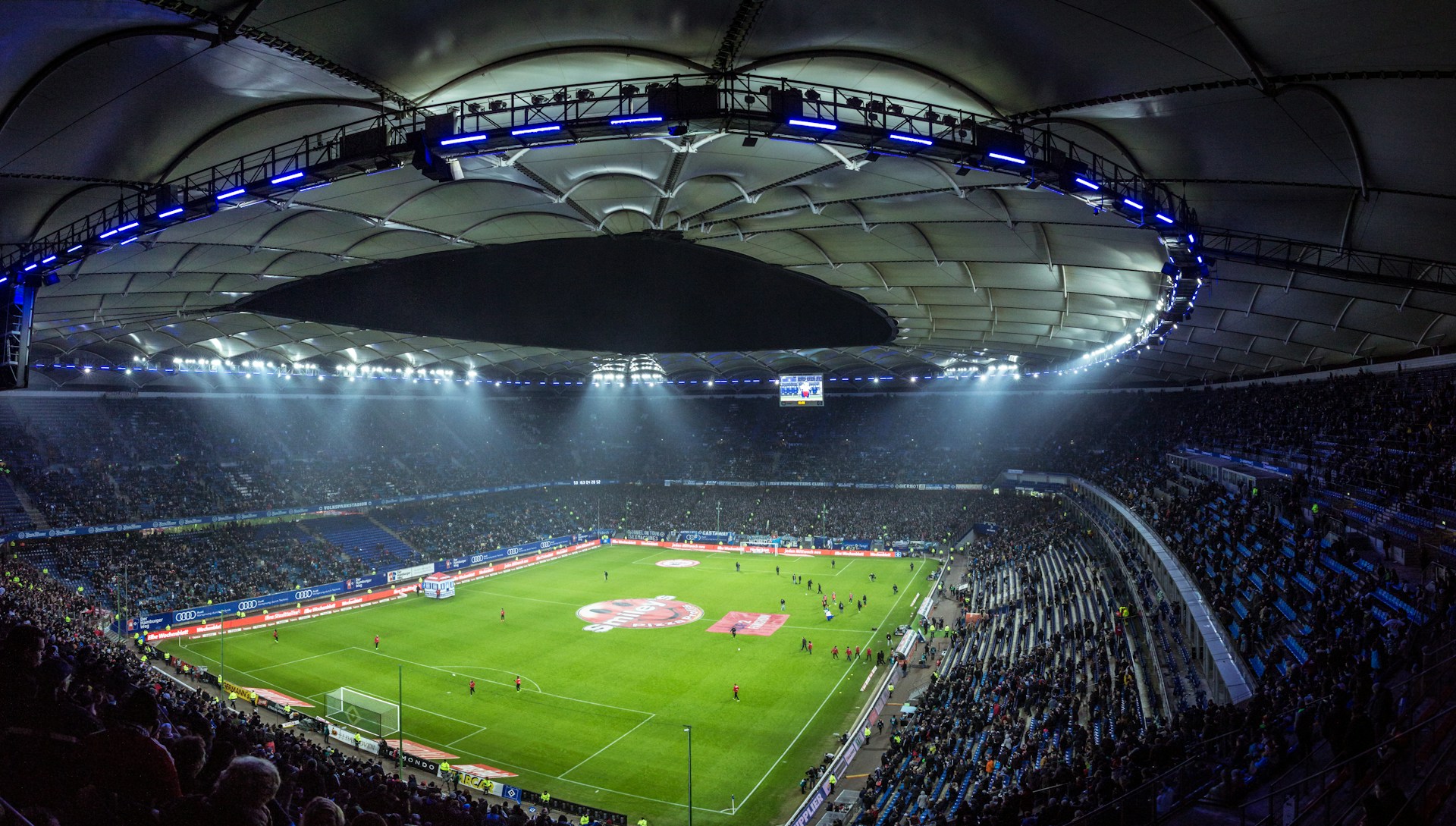The Passionate Football Love: Why Football Holds a Special Place in the Hearts of Turkish People
11/28/20232 min read



Football, or “beautiful” as it’s commonly called in Turkey, holds more significance than just sporting events to this country; it is part of the culture where people come together irrespective of any cultural differences. No other nation in the world loves football as much as the Turks who make every game an emotional, proud and united event. The passion for football among the Turks is exemplified through their world record noise levels recorded in Turk Telekom Arena and their assertion that football goes beyond being merely a game rather than forming a crucial component of the Turkish identity.
Historical Roots:
However, a true appreciation for the Turkish passion for football is only possible when we look at its history in this country. Football came to Turkey towards the end of the nineteenth century introduced by British expatriates, and it soon won over the attention of locals. It was not simply a pastime; it became a cultural point of reference intergenerationally. In the beginning football clubs like Fenerbahce and Galatasaray created a bond with Turkish people which has remained strong until current time.
Passion Beyond Borders:
For Turks, football is not just a ball game played in pitches but rather a means of representing their national pride and achieving unity. Turkish football has made strides at the international level, and this is proven by the UEFA Cup and UEFA Super Cup victories by the Galatasaray team in the year 2000. The fans got a lot of pleasure, while the feeling of shared accomplishment penetrated very deep in Turk souls.
Stadium Atmosphere:
Turkish football is rooted in its stadiums, where a high level of fervor characterizes the fans. The huge level of sound energy at Turk Telekom Arena of Galatasaray reaches 131.76 decibels and represents one of the loudest sounds ever recorded. The thunder from the crowd’s chanting, the synchronous shouts, and the vibrant shows from support are as energizing as they get. The stadium is a holy place for Turkish Football fans who let their emotions flow freely as they identify with the team itself as part of them.
Rivalries and Derbies:
There has also been great rivalry in Turkish football, which was highlighted by some heated encounters involving Galatasaray, Çaykur Rizespor, Fenerbahce, Etimesgut Belediyespor, Trabzonspor, and Besiktas Such clashes go beyond sports; they become cultural occasions for cities and turn them into communities whose citizens are united by fanaticism towards either one or another of these teams. Such rivalries increase the thrill associated with watching Turkish football because there is always something at stake every time they meet on the pitch.
Social and Cultural Impact:
Turkish football goes beyond the 90 minutes on the pitch. The media transforms social dynamics, shapes a lot of cultural narratives and serves as a voice for expression. The sport affects itself as it creates common ground among people regardless of their origins, making everyone feel included and part of its community.
In essence, the Turkish love for football is an age-old phenomenon that goes beyond patriotism and defines the national identity of the country. For instance, football is a key component towards the record-breaking noise levels at Turk Telekom arena, the historical rivalries, and the social and cultural impact in Turkey. This is not just a sport; it signifies identity, collective happiness and strength of link between Turks.
Address
Harju maakond / Sepapaja tn 6 15551 Tallinn Estonia
